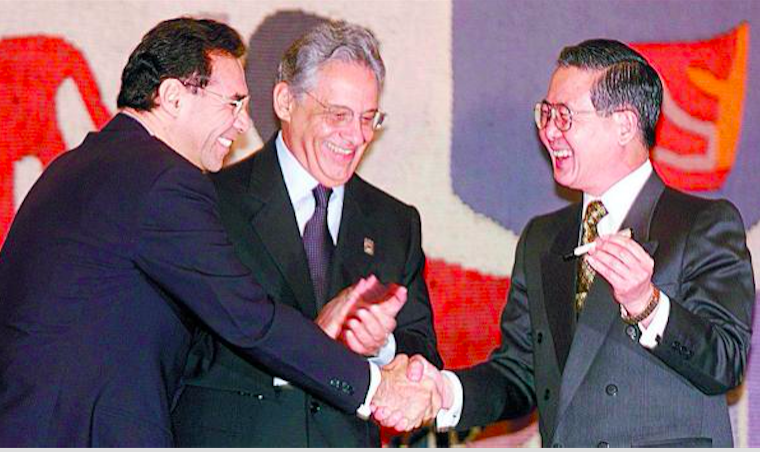
Oliver Stuenkel
Working Paper Series No. 5
Brazil Initiative
Elliott School of International Affairs
George Washington University (GWU)
Download the complete working paper here.
How has a democratic Brazil reacted to crises in its neighborhood over the past 25 years? What are the diplomatic and institutional tools and normative frameworks it should use to adequately address deep constitutional and political crises in the region? How do they affect Brazil’s strategic interests? In the quarter century since Brazil’s democratization in the late 1980s, Brazilian foreign policy makers have almost constantly had to face these questions. How has Brazil’s stance evolved over the years? Has it accumulated institutional knowledge about how to manage crises in neighboring countries? Considering its dominance in South America (representing roughly 50% of the continent’s GDP, territory and population), why has it often opted for a rather passive and risk-averse approach? Why has there never been a serious attempt to explicitly articulate a Pax Brasiliana, as virtually all other regional powers across the world — such as Germany, China, Japan, Nigeria or the United States have attempted?
Download the complete working paper here.
Read more:
Brazilian Regional Leadership Turns Twenty
How Foreign Policy Can Help Address Brazil’s Violence Epidemic (Americas Quarterly)
Temer and Refugees in Brazil: Off the Mark (Americas Quarterly)
Temer’s global tour to convince the world he can fix Brazil
Photo credit: EFE








